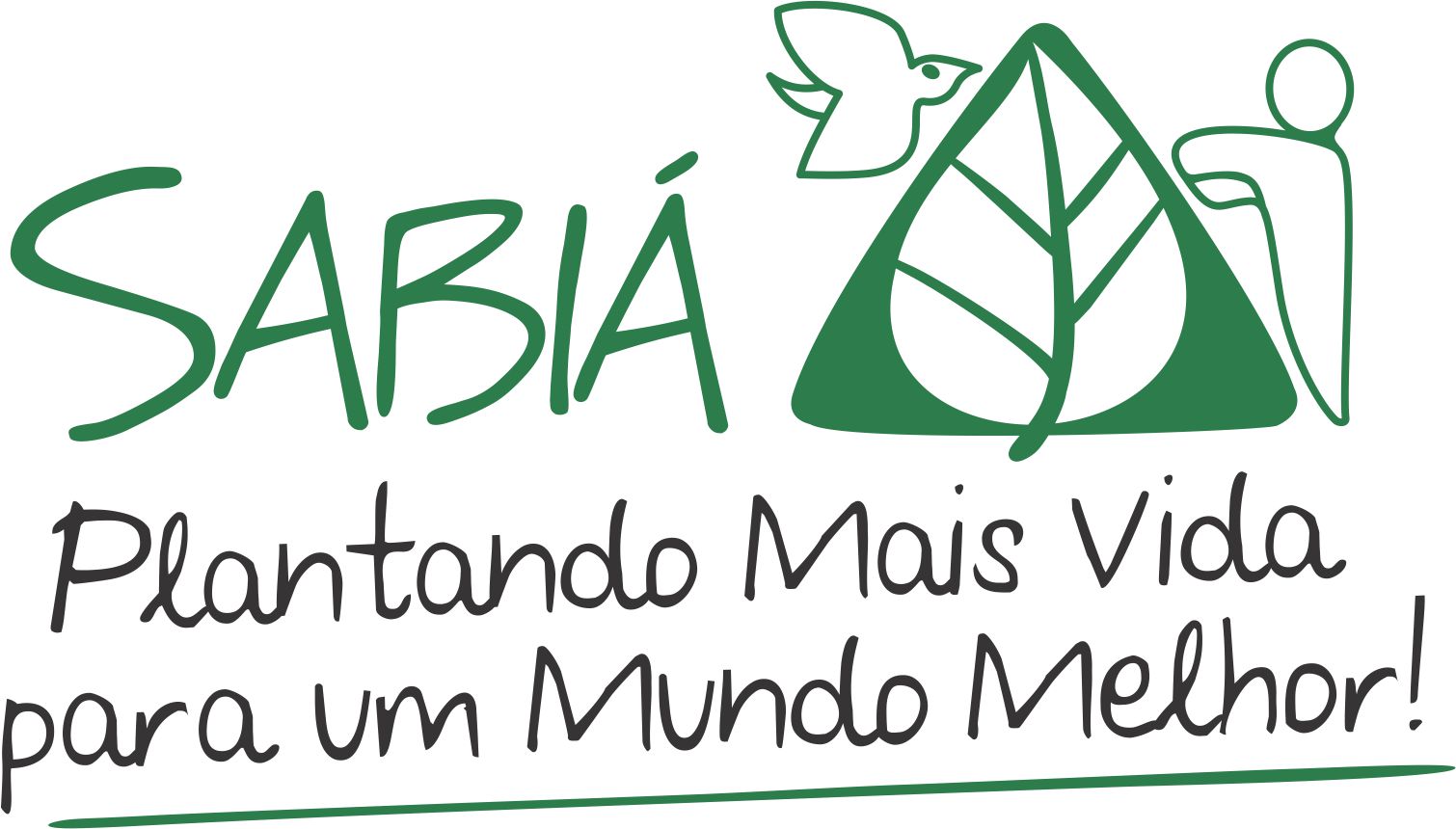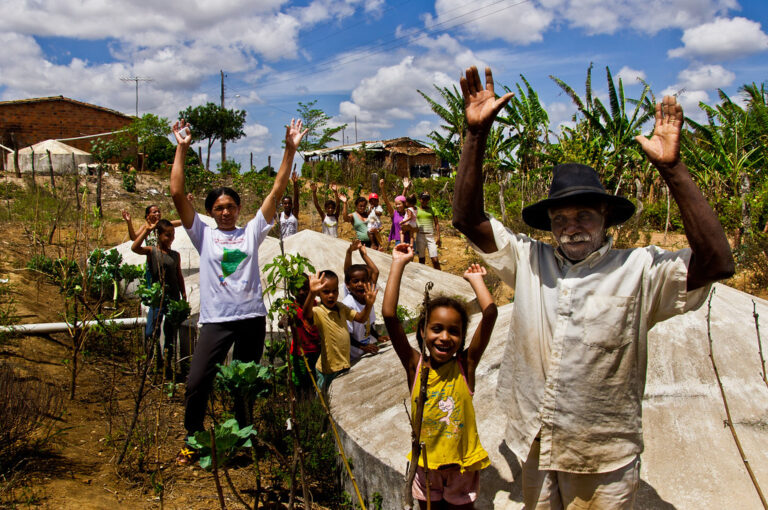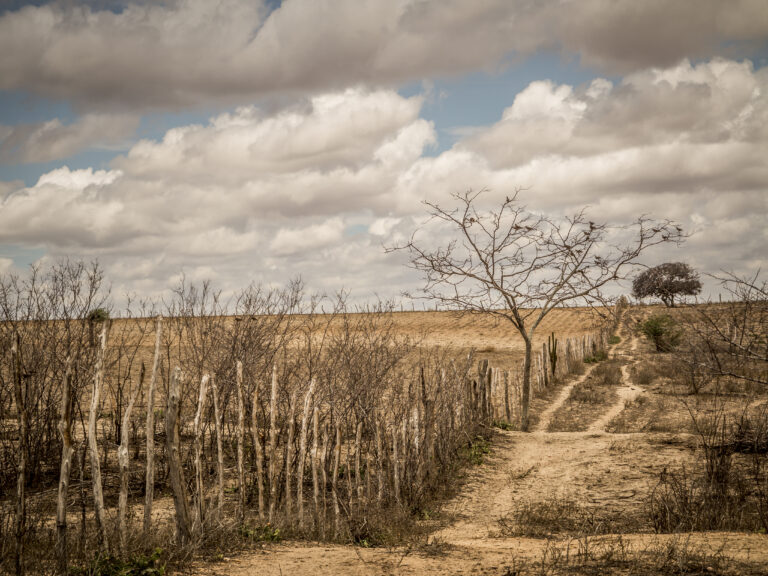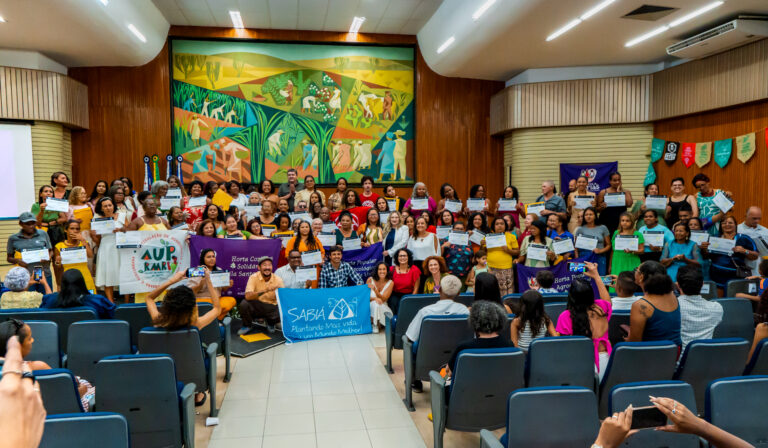Centro Sabiá participates in scientific event on rural sanitation with water reuse technologies in Paraíba promoted by ASA and partners
ASAcom/Reproduction
The event takes place this Tuesday (16) and Wednesday (17), in Campina Grande, and gathers farmers and researchers in conferences, dialogue rounds and technical visits
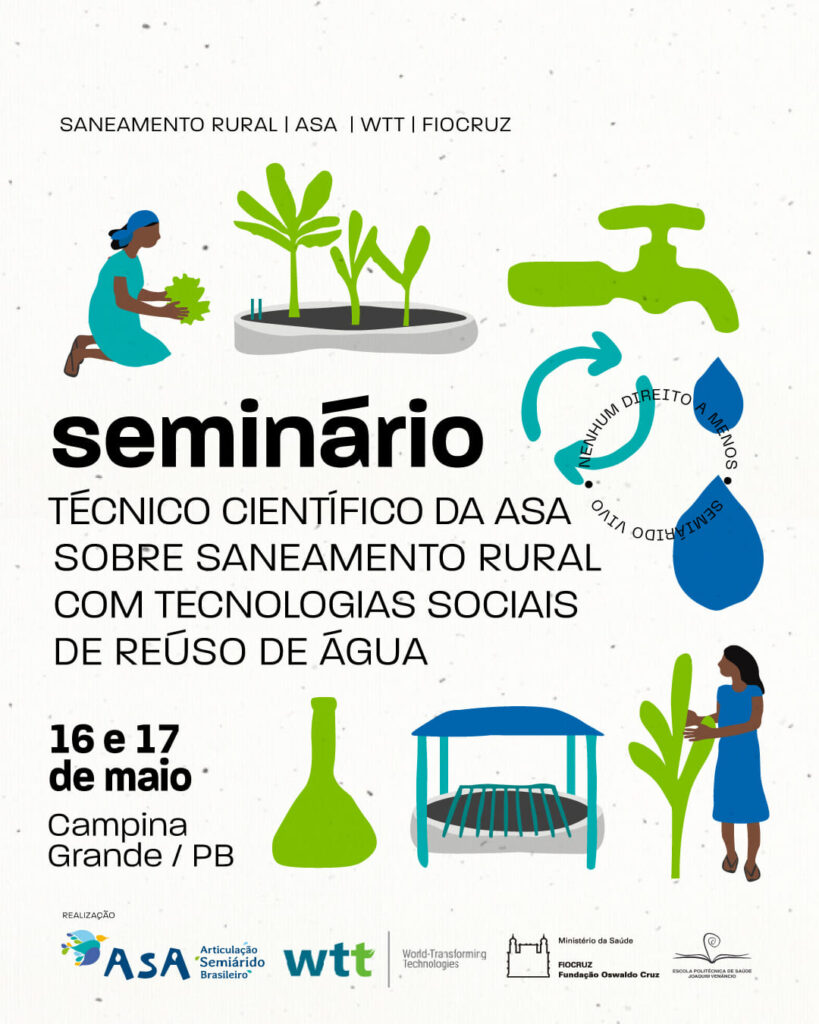
Farmers and researchers from the Northeast will be together this Tuesday (16) and Wednesday (17), in Campina Grande (PB), to debate and share experiences and the latest studies on the treatment and reuse of water in the production of healthy food. The ASA’s Technical Scientific Seminar on Rural Sanitation with Social Technologies for Water Reuse is a realization of the Articulação Semiárido Brasileiro (ASA) with the WTT Foundation, Oswaldo Cruz Foundation (Fiocruz) and Joaquim Venâncio Polytechnic School of Health.
The event aims to shed light on cases and research related to rural sanitation with social technologies for water reuse that ensure sanitary safety. The perspective is that these experiences will contribute to the construction of a public policy of ASA Brazil to bring more life and health to the Northeastern states and Minas Gerais, at the same time that it will encourage the implementation of irrigated areas for planting.
The program will have as a starting point the exhibition of four successful projects developed in Bahia, by Irpaa and Univasf; in Pernambuco, by the Centro Sabiá e Caatinga, with the support of UFRPE, and by Diaconia with UFPE; and in Rio Grande do Norte, from a partnership between Seapac and UFRN.
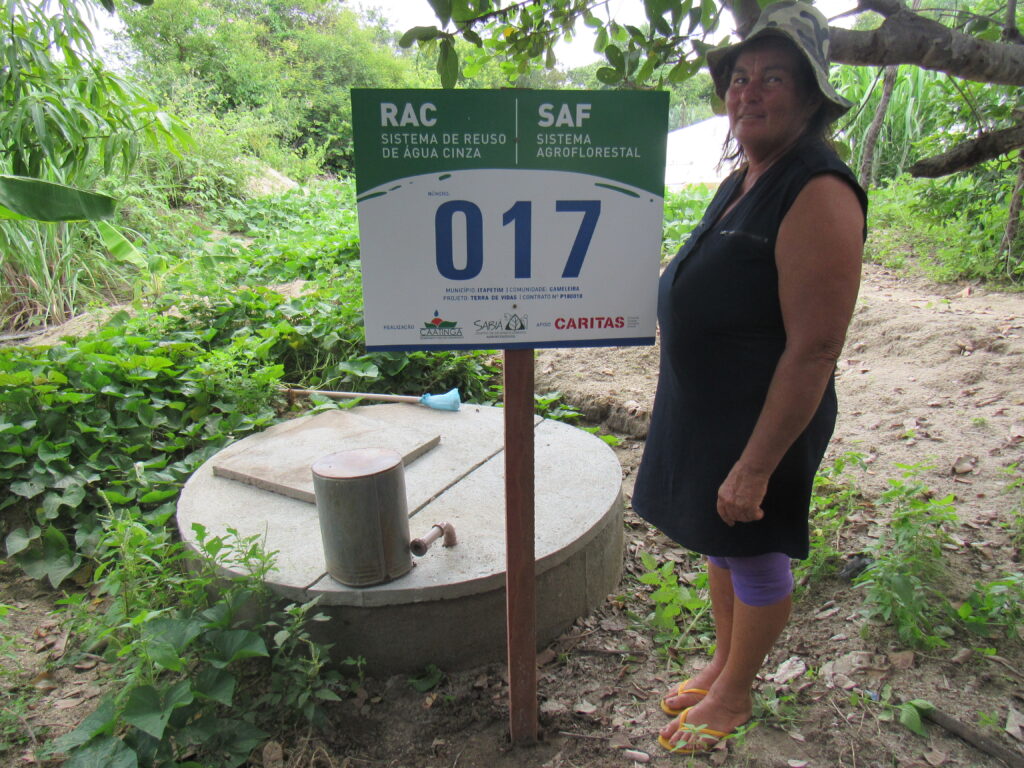
After the round of dialogue, which will discuss each of the initiatives, Fiocruz will present a conference, followed by a debate, about possible risks of diseases transmitted by wastewater and parameters that ensure the safe sanitary management of social technologies.
On the second day of ASA’s Technical Scientific Seminar on Rural Sanitation with Social Technologies for Water Reuse, the participants will get to know up close the adapted family bio-water systems and the Septic Tank and Sand Filter, two experiences of agricultural reuse in Quilombo Santa Rosa, located in Boa Vista (PB). These initiatives are part of participative research involving the WTT Foundation, the Instituto do Semiárido (Insa), UFRPE, Patac, and the quilombolas.
Still on site, after the visit to the experiences, a round of dialogue will be held with the presence of the farming families visited and representatives of the partner institutions of the research to clarify any doubts and complementary information.
Check out the complete program:
05/16 – TUESDAY
2 pm – Opening
2:10 pm – Dialogue round on research on Rural Sanitation with Social Technologies for the treatment and use of wastewater:
Presentation of the research developed by IRPAA and UNIVASF in Bahia
Presentation of the research developed by CAATINGA/SABIÁ/UFRPE in Pernambuco
Presentation of the research developed by UFRN and SEAPAC in Rio Grande do Norte
Presentation of the research developed by DIACONIA and UFPE/Rômulo in Pernambuco
16h – Break
16h10 – Presentation of possible risks of diseases transmitted by wastewater and parameters that ensure safe sanitary management
5pm – Time for clarifications, additions and questions
18h10 – Closing Ceremony
05/17 – WEDNESDAY
7h10 – Exchange visit to Quilombo Santa Rosa, in Boa Vista (PB)
12h – Break
2 PM – Dialogue on the advances, limits, paths and perspectives to implement a Rural Sanitation public policy with sanitary security
3 pm – Plenary debate
Construction of proposals of social technologies capable of promoting sanitary security in the safe management of the system components and agroecological food production.
Nothing found.

